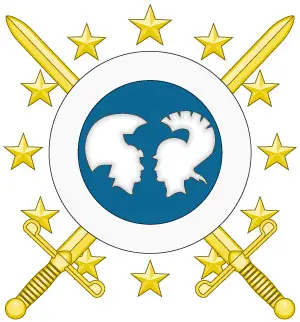The days of winning battles and wars solely on the battlefield are long gone. Warring parties are gaining a significant advantage in the realm of information warfare. The information domain can bring significant advantages or cause a significant harm to one side, with no regard to the actual happening on the battlefield. As the conflicts become more complex, there is a bigger need to win the war not only on the field but also in the people’s ‘heads and minds’. The main aim of this article is to analyse Russian and Chinese influence operations and provide a comprehensive overview of the EU’s institutional response to disinformation and narrative campaigns. The first part of this paper introduces the conceptual framework for understanding narratives and disinformation in the light of hybrid warfare. Secondly, it discusses the various ways in which state actors, notably Russia and China, are influencing the EU with their own narratives and disinformation campaigns. Finally, the paper analyses the EU’s policies and responses to these information attacks, while critically examining the structures and mechanisms EU is implementing to tackle this issue.
About the author:
Petar Petrovic works at Finabel’s Defence & Security Research Department.


